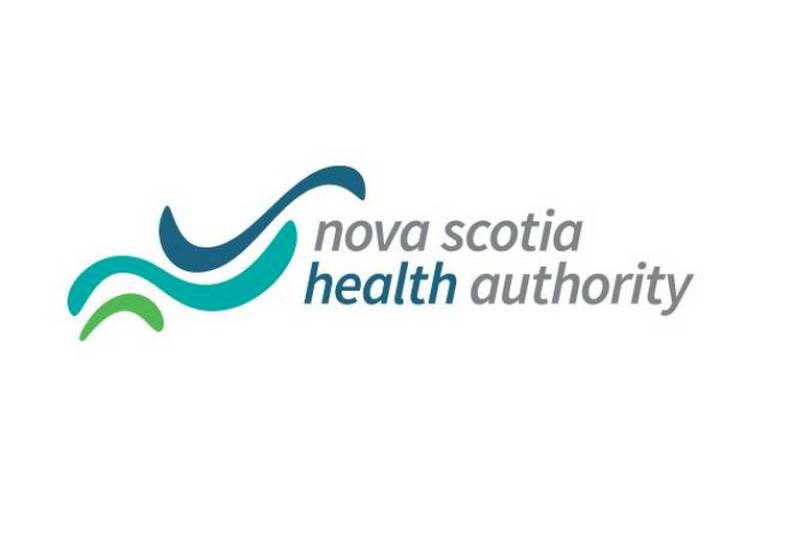With COVID-19 cases and hospitalizations declining, and many redeployed health care providers able to return to their usual roles, Nova Scotia Health is resuming services that were temporarily reduced to support the COVID-19 response.
In late April, with COVID-19 cases and hospitalizations steadily rising, Nova Scotia Health began temporarily reducing some services across the province, including surgeries, ambulatory/outpatient clinics, rehabilitation services, diagnostic imaging, and laboratory services. These changes helped free up beds and other resources, while also allowing health care providers to be redeployed to care for critically ill patients, support testing, and fulfill other COVID-19 related needs.
Changes were gradually phased in on a site-by-site basis as needed, based on COVID-19 activity. This was unlike the first wave, when services were rapidly and significantly scaled back across the province to prepare for an expected surge in hospitalizations.
“We recognized the significant impact that service reductions had on patients, families and providers last spring and based on the lessons learned in the first wave, committed to a more phased and targeted approach to reductions in future waves,” said Dr. Brendan Carr, President and CEO, Nova Scotia Health.
“This change in approach has ensured we have the capacity and flexibility to respond to emerging COVID-19 demands, while maintaining other services for our patients to the greatest extent possible,” said Carr.
Throughout the third wave, Nova Scotia Health has continued to deliver urgent and emergency services, including time-sensitive cancer services. However, it was necessary to reduce many other services, including the number and types of surgeries being completed. As hospitalizations increased, efforts were largely focused on delivering only those elective surgeries that would not require hospital stays.
Some hospitals and services maintained normal service levels throughout the third wave and teams have begun the process of resuming services at other sites.
Surgeries and other services continue to be increased, while balancing demands from ongoing COVID-19 activity and maintaining the flexibility to quickly redirect resources if cases and hospitalizations increase once again.
The situation will continue to be closely monitored with the goal of fully restoring service levels as quickly as possible at all sites and rebooking patients who had surgeries and appointments delayed, as soon as possible.
Virtual care continues to be promoted for some services, based on the needs of the patient and nature of the appointment. However, in-person ambulatory services beyond urgent/time-sensitive care have resumed to the extent possible, according to human resource capacity and with adherence to pre-screening, physical distancing, and cleaning requirements.
Service reintroduction efforts include:
Mental Health and Addictions
- In-person supports and services are beginning to increase.
- In-person group treatment will begin to increase starting June 17.
- In-person visits will be based on personal preference, through consultation with health care providers, along with the Mental Health and Addictions teams, and location’s ability to follow current Public Health Protection Orders and Nova Scotia Health COVID-19 guidelines.
- Those with an existing virtual or in-person appointment are asked to keep it. If they have been pre-booked for a virtual appointment, that appointment will continue to be done virtually. Moving forward, Mental Health and Addictions will make every effort to take into account individual preferences for virtual or in-person care and support.
The Provincial Crisis Line is available 24/7 by calling 1-888-429-8167, and the Mental Health and Addictions Intake Service is also available by calling 1-855-922-1122.
Visit: www.MHAhelpNS.ca for more information.
Surgical Services
- Services have returned to normal levels at most facilities, with facilities continuing to increase surgeries requiring same-day admissions.
- Surgical services at the QEII Health Sciences Centre remain at about 80 per cent capacity.
Laboratory Services
- Routine blood collection services have resumed at all locations.
- Routine residential water drop-off/testing, that had been temporarily reduced in the Central and Western Zones, have resumed.
Ambulatory (ambulatory treatment/medical day clinics) and Respiratory Therapy Services
- Services have returned to pre-third wave levels.
Outpatient Rehabilitation Services
- Services have returned to pre-third wave levels at all sites except those in the Eastern Zone (Cape Breton, Antigonish, Guysborough areas), where they remain at 75 per cent of usual levels.
Quick facts:
Despite the higher number of patients being hospitalized and requiring intensive care this third wave, our plan has worked as intended.
- Since we began scaling back surgeries on April 23, we have largely managed to keep provincial volumes above 80 per cent of 2019-20 volumes, reducing to 74 per cent when ICU demands peaked in mid-late May and falling to 52 per cent the last week of May. During the first wave (March 16-May 25, 2020), surgical volumes were reduced to around one-third of typical volumes for an extended period.
- Between Jan. 1 and May 26 of 2019, Nova Scotia Health completed more than 29,600 surgeries, compared to just over 20,100 surgeries for the same period in 2020 and more than 28,000 surgeries this year during the same time frame.
- In the first wave, diagnostic imaging services were reduced to as low as 24 per cent of our 2019 volumes, however in this third wave we have kept our volumes at nearly 100 per cent, reducing briefly to about 80 per cent of 2019 volumes.
- During the first wave of COVID-19 more than 3,200 scheduled/elective surgeries were cancelled, compared to just over 2,700 during the third wave, for various reasons, including COVID-19 service reductions. These numbers reflect only scheduled cases, not the total number of surgeries that would have otherwise proceeded during these time frames, but had not yet been scheduled when services changes came into effect.
- As of June 7, 26 per cent of the patients whose surgeries were postponed in the third wave have had their surgery completed, 14 per cent have been given a new surgery date and 13 per cent have been removed from the wait for various reasons (e.g. patient has changed their mind, surgery completed at another site, etc.)
Source: Release #notw

